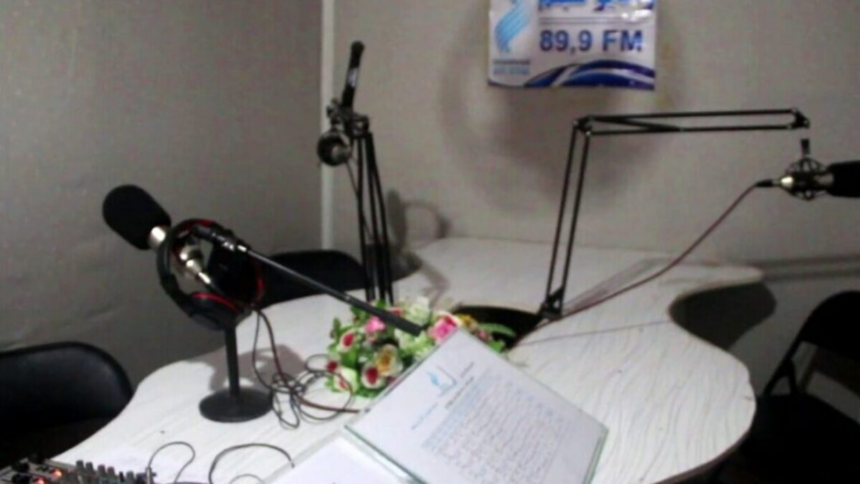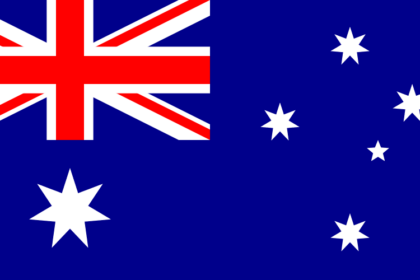RASC News Agency: A journalist from Radio Jawanan, one of the independent Afghanistani radio stations shut down by the Taliban earlier this year, remains in the custody of the Taliban’s General Directorate of Intelligence, nearly four months after his arrest. His whereabouts and condition remain unknown, prompting deepening concerns over his safety and the worsening state of press freedom in the country. The raid occurred on February 5, when armed Taliban forces stormed the offices of Radio Jawanan and Radio Begum in Kabul. The Ministry of Information and Culture accused the broadcasters of “misusing their operational licenses” and alleged “collaboration with foreign media outlets” vague charges routinely used by the Taliban to justify media crackdowns.
While the Taliban publicly announced on February 22 that both stations had been “cleared” to resume operations, sources familiar with the matter report that one of the two journalists detained during the initial raid remains imprisoned, over 140 days later, without formal charges or access to legal counsel. Despite repeated calls from press freedom organizations and human rights advocates, the Taliban have provided no updates or justification for the prolonged detention. The journalist’s family has been denied contact, raising fears of mistreatment, forced confessions, or even torture practices that have become alarmingly common in Taliban detention facilities.
“The continued detention of this journalist is not only illegal it is part of a deliberate pattern of silencing independent voices and instilling fear among media professionals across the country,” said a Kabul-based media rights defender who asked to remain anonymous for security reasons. This case is emblematic of a broader campaign by the Taliban regime to dismantle the free press in Afghanistan. Since their return to power in August 2021, the Taliban have shut down dozens of media outlets, especially those that focus on youth programming, women’s voices, or those affiliated with foreign funding and democratic initiatives. Radio Begum and Radio Jawanan were among the few platforms that continued to provide educational content, women’s empowerment programs, and independent news coverage services that directly conflicted with the Taliban’s ideological agenda and repressive gender policies.
Media watchdogs report that threats, arbitrary arrests, harassment, and forced closures have become routine. The Taliban’s Ministry for the Promotion of Virtue and Prevention of Vice now operates as a de facto censorship board, and journalists are frequently summoned, interrogated, and ordered to avoid reporting on topics deemed “sensitive.” Although international outcry initially followed the Taliban’s raid in February, the lack of sustained pressure has enabled the group to continue its repression unchecked. The prolonged imprisonment of the Radio Jawanan journalist serves as a chilling reminder that no journalist is safe under Taliban rule.
“The Taliban claim they have allowed the radios to reopen, but that means nothing if their staff remain jailed, silenced, and terrorized,” said a former editor in exile. “This is not just about one reporter it is about the death of independent journalism in Afghanistan.” As humanitarian conditions in Afghanistan deteriorate and millions depend on accurate information for survival, the Taliban’s assault on the media represents a strategic attempt to blind both the domestic population and the international community to the true extent of the crisis.






